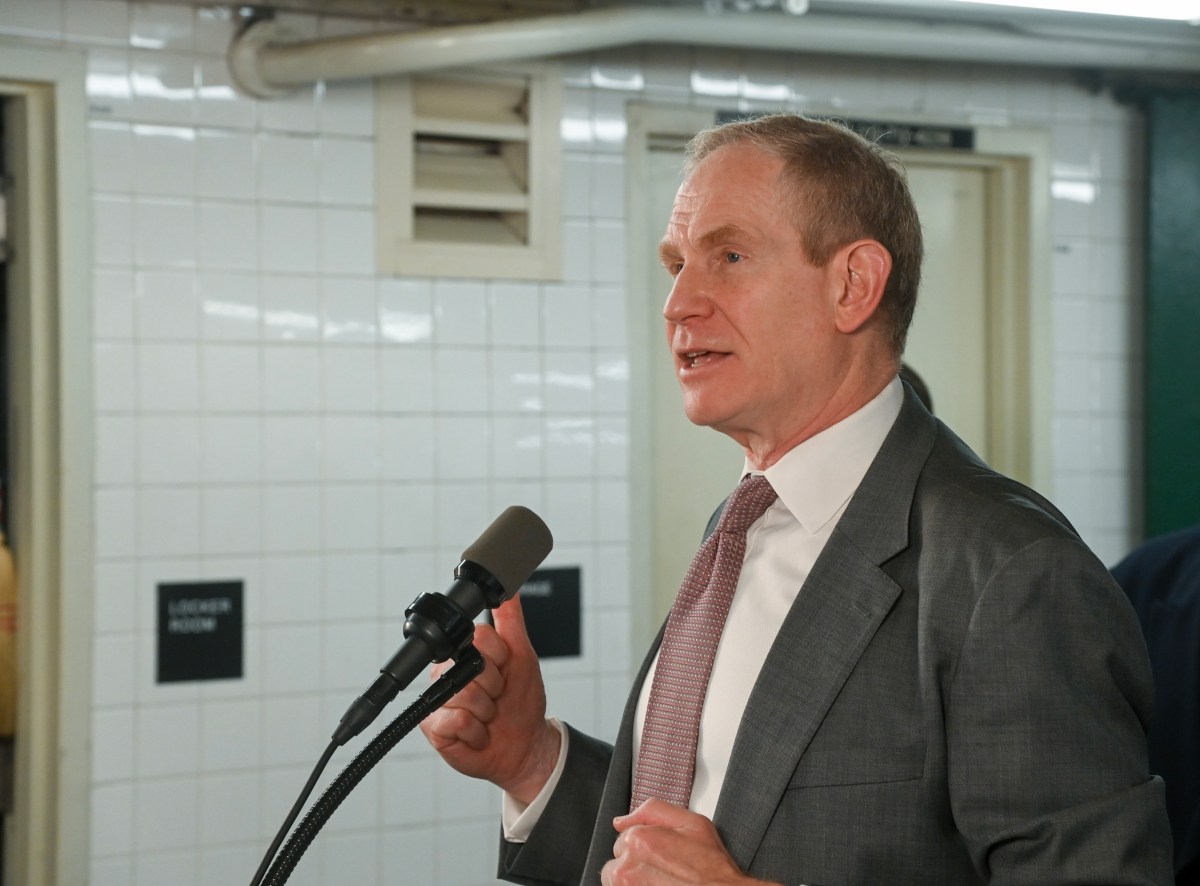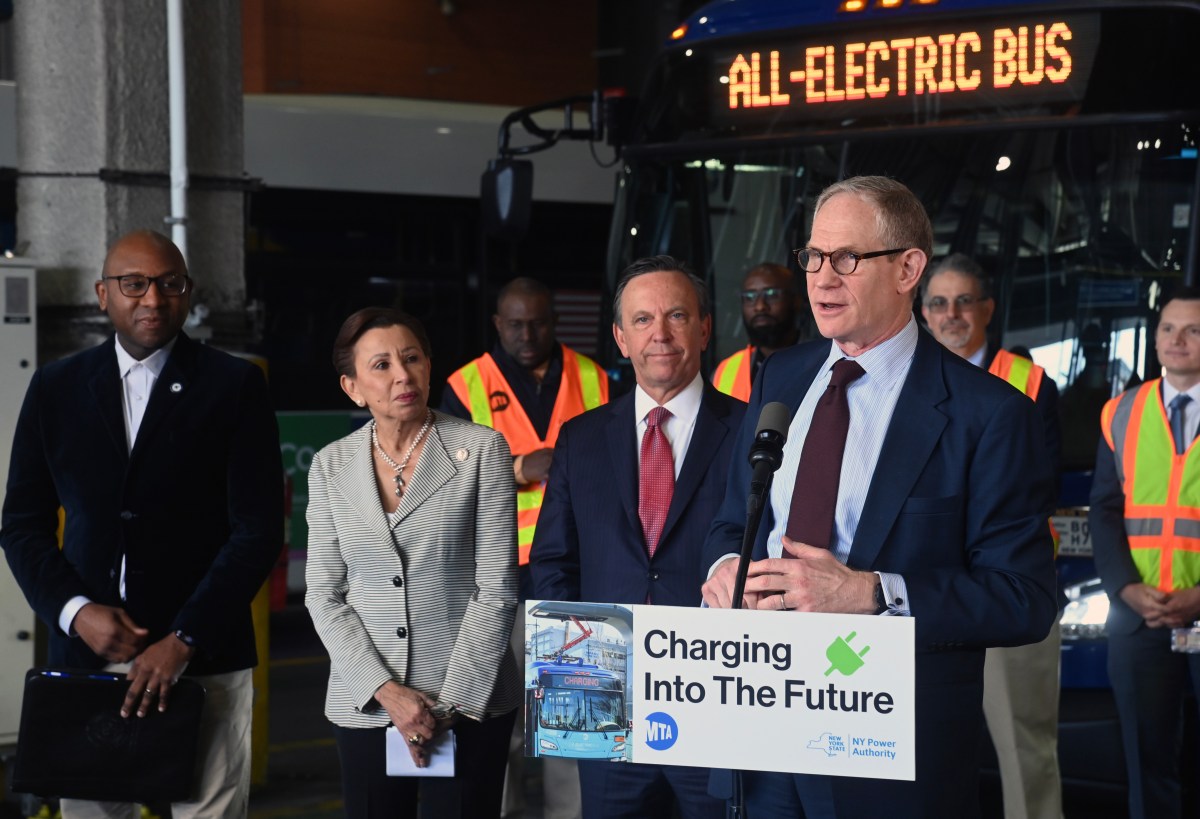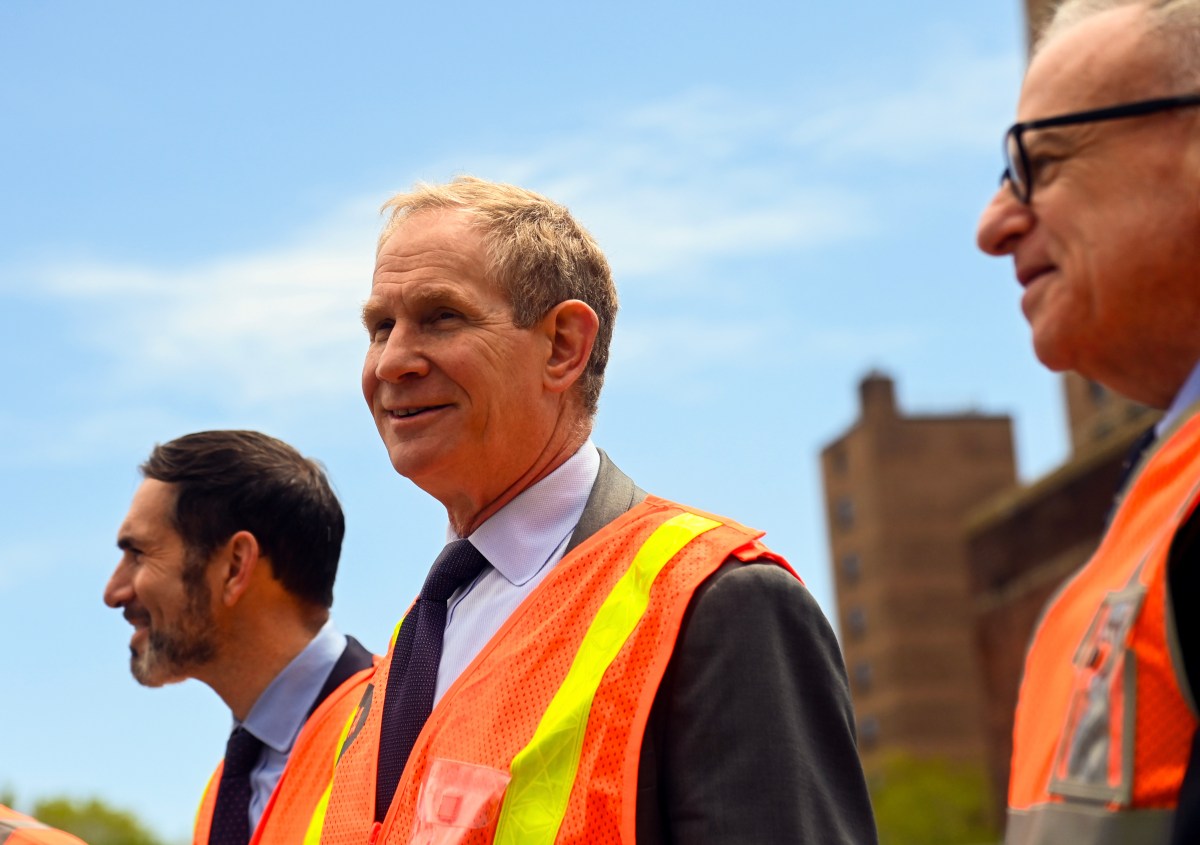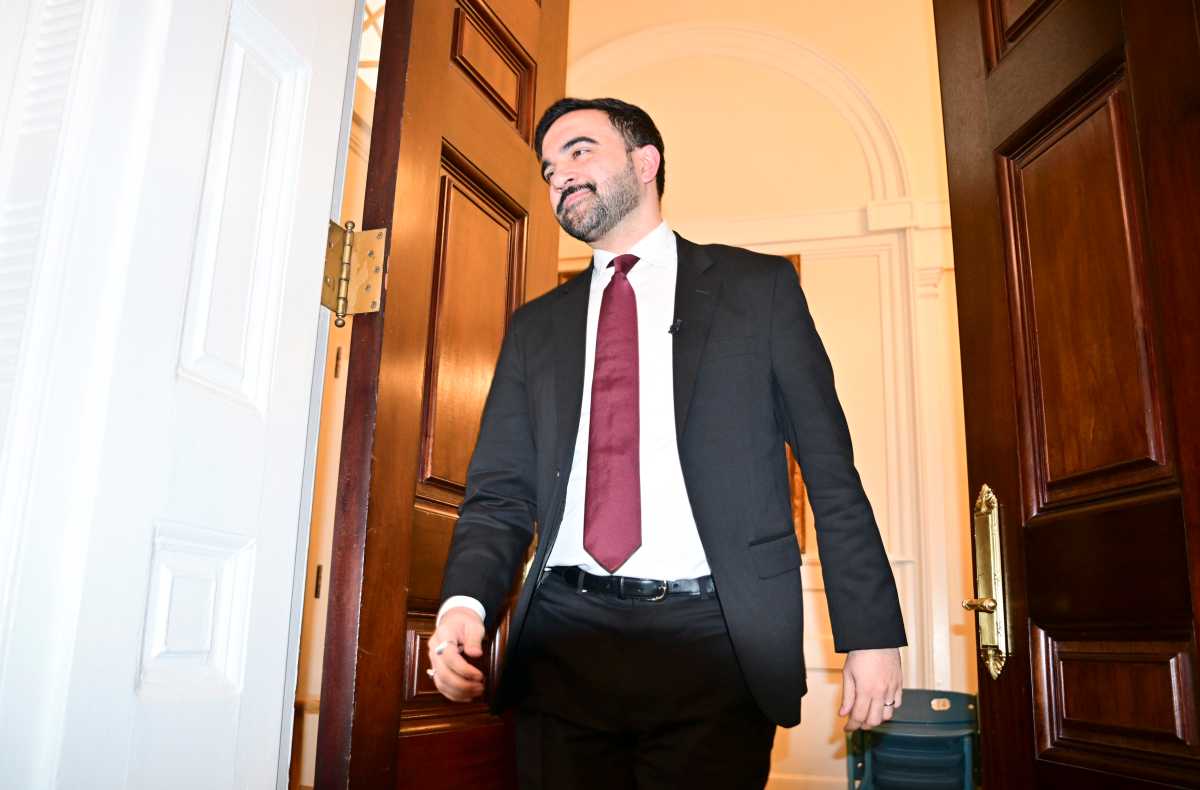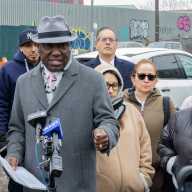Local elected officials and Con Edison representatives gathered for a groundbreaking ceremony to mark the launch of the energy company’s billion-dollar clean energy project in Southeast Queens.
Con Edison Chairman and CEO Tim Cawley, joined by Vice President LaAsia Hundley, Assembly Member Clyde Vanel, Port Authority Executive Director Rick Cotton, Queens Borough President Donovan Richards Jr., and MTA Chair and CEO Janno Lieber, participated in the event at the project site located at 109-48 180th St. on Monday, Oct. 1.
The $1.2 billion initiative will modernize the electric grid in Southeast Queens by constructing two new substations and establishing a new Springfield electric network to support the area’s growing energy needs. The project, known as the Reliable Clean City-Idlewild Project, aims to deliver clean energy to homes, businesses, and major transportation hubs in the region.
The project will support the electrification of JFK Airport, the MTA’s transition to electric buses, and the electrification of buildings in Jamaica, Queens. It is expected to generate over 400 skilled union jobs, facilitate contracts for Minority and Women-Owned Businesses (MWBE), and contribute to New York State’s climate goals. The Reliable Clean City-Idlewild Project is one of two substations being built to enhance the electric grid in Southeast Queens.
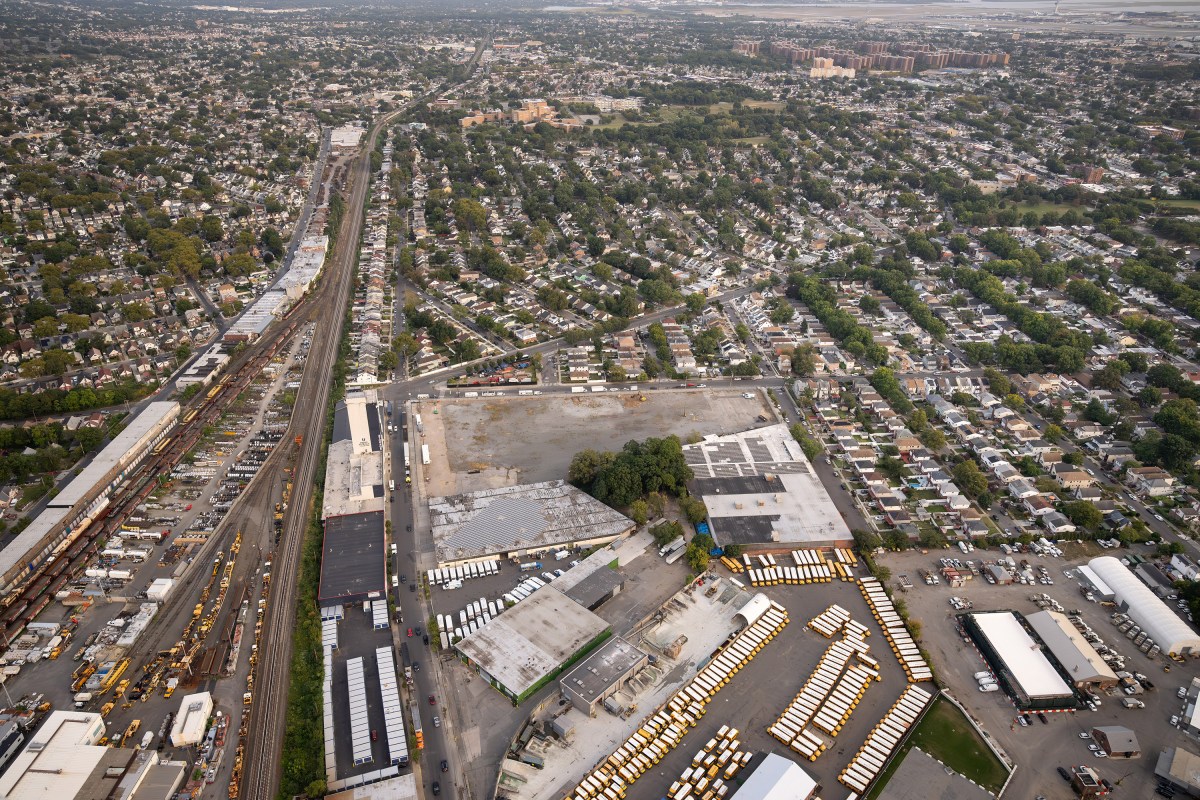
Many city officials and stakeholders released statements voicing support for the new energy project.
Cawley explained that the Reliable Clean City-Idlewild project represents a significant milestone in the company’s strategy to complete a clean energy future for New Yorkers. “We’re proud to break ground on this project that will enable the electrification for downtown Jamaica, JFK International Airport, and the MTA’s fleet of buses while also increasing reliability for our customers, creating good jobs, and advancing New York’s climate goals,” Cawley said.
Lieber said that, as the most extensive public bus system in North America, the MTA leads the way to a more sustainable future. “MTA’s ambitious plan to transition to an all zero-emissions fleet by 2040 wouldn’t be possible without upgrades to the electric grid like the Reliable Clean City – Idlewild Project, which gives us the added power we need plus room to expand our program in the future,” he said.
Local electeds representing South East Queens said the project is a much-needed upgrade to the community.
Queens Borough President Richards said he is looking forward to a “ cleaner, greener future for Queens.” Additionally, Richards said the project will help to address the “ disparate health impacts Southeast Queens residents have experienced due to climate change, pollution, and other issues tied to fossil fuel usage. ”
Council Member Selvena Brooks Powers (D-31) focused on how the Reliable Clean City-Idlewild Project will address South East Queens’ climate change-related challenges.
“As a Council Member representing a coastal community, my neighbors and I are experiencing the devastating challenges climate change poses in real time. The Reliable Clean City – Idlewild Project will improve the electric grid in Southeast Queens, support the electrification of MTA bus depots and fleets, and ensure we are better prepared to face increasingly common extreme weather events,” Powers said.


